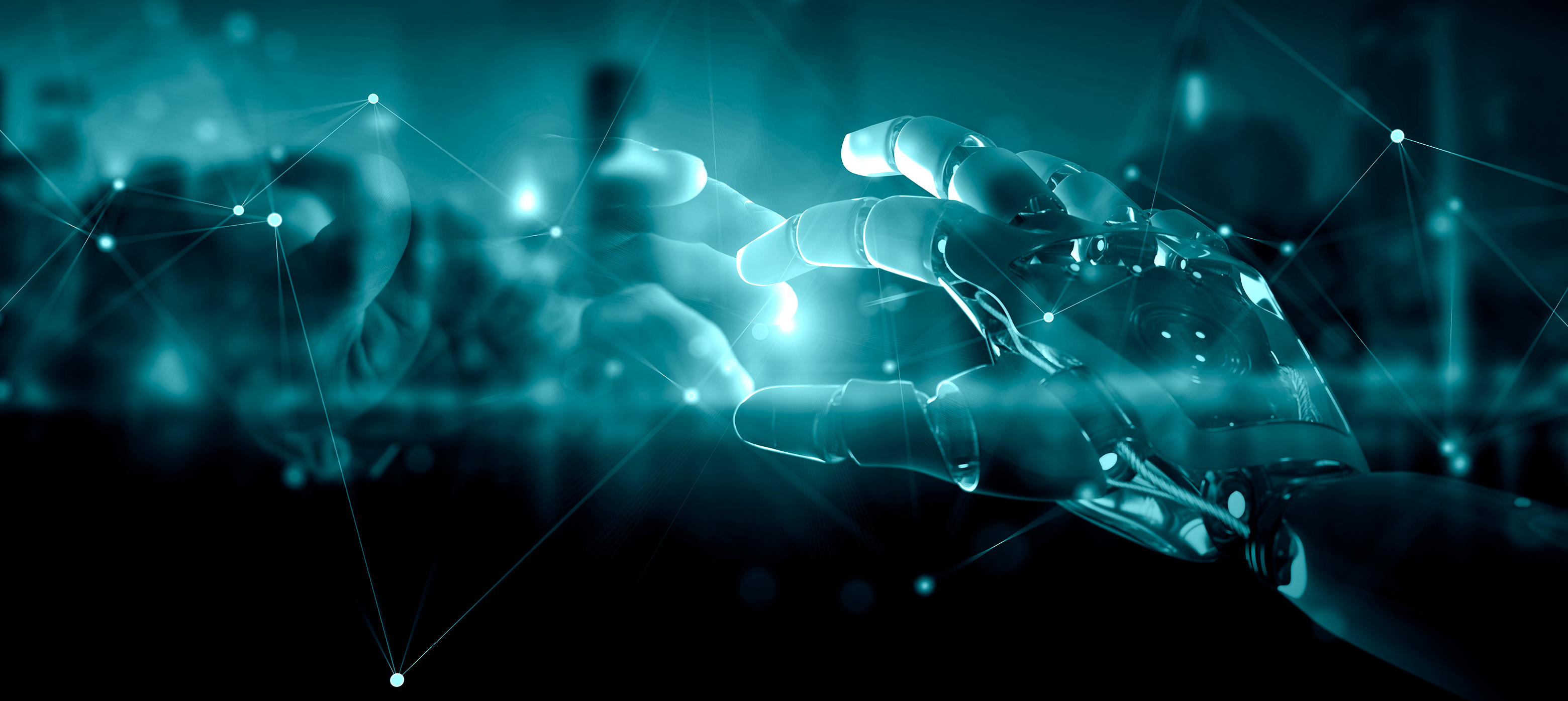
ChatGPT, an advanced AI-based language model developed by OpenAI, is one of 2023's most notable developments. It utilizes the GPT-3.5 architecture and understands and generates human language more accurately and consistently than its predecessor. Today's corporate organizations rely heavily on this powerful tool, which offers a variety of benefits and applications.
Benefits
One of the main advantages of integrating ChatGPT into organizations is its ability to provide automated customer support and assistance. By implementing ChatGPT into online chat channels, companies can interact with customers quickly and efficiently, responding instantly to their queries and resolving issues automatically. It streamlines the customer service process and improves customer satisfaction by providing accurate and personalized responses.
In addition, ChatGPT, side by side with AI, has become a valuable resource for data analysis and decision-making in corporate organizations. Processing large amounts of information and generating meaningful insights gives companies a competitive advantage.
Where does ChatGPT get its information from?
Firstly, it is imperative to mention that the system optimizes itself by learning from each "conversation" and thus improving its responsiveness over time.
In contrast, ChatGPT creates complex responses using excerpts from books, articles, and news sources. In this way, the model learns to understand and present content coherently and naturally. Furthermore, ChatGPT can receive information from images and videos to improve its ability to understand and respond appropriately.
ChatGPT has only generated text so far. In various sectors or formats, other tools work with AI.
The following industries use ChatGPT
Its flexibility makes this model suitable for use across various economic sectors, including finance, education, health, and the media. Currently, it works in:
- Financial Services
- E-commerce
- Media and communication
- Health care services
- Education
- Technology Services
- Transportation
- Entertainment industry
Change and fears related to it
As artificial intelligence (AI) becomes increasingly prevalent, widespread fear arises regarding its potential to replace jobs with machines. However, it is necessary to approach this issue from an informed perspective and gain a complete understanding of the relationship between humans and artificial intelligence.
Remember that AI aims to be a complementary tool rather than a complete replacement for humans. While automation and AI may change how certain jobs occur, they also create new opportunities and roles. The World Economic Forum says AI and automation may create 12 million jobs by 2025.
It is true that some routine and repetitive tasks can be automated, but there is also room for jobs that require unique human skills such as creativity, empathy, reflective thinking, reasoning, ethical decision-making, and the ability to see things from a perspective. AI can be an ally in the workplace, freeing workers from monotonous tasks and allowing them to focus on higher-value activities.
SONDA, a leader in technology solutions, recognizes the importance of continuous innovation and adaptability to changing business needs. We achieve this by leveraging Artificial Intelligence (AI) to develop customized solutions for various business scenarios.
Our approach is to implement AI strategically, considering each industry's particularities. Our team works closely with customers to understand their specific needs and challenges, and we apply cutting-edge technology to deliver customized solutions.
Did you know?
In 2030, McKinsey Global Institute estimates AI will generate an additional $13 trillion in economic value.
Latest news
Smart Cities
What are Smart Cities & Mobility and How They Transform Urban Life?
Cities are undergoing a profound shift. Rapid urbanization, rising mobility demands, and the need for sustainable growth are pushing urban ecosystems to evolve beyond traditional infrastructure. This is the foundation of smart cities, meaning digitally connected environments powered by IoT, cloud platforms, data analytics, and intelligent automation.
Investors
News
SONDA maintains growth in business closures, reaching US$1,294 million and strengthening its pipeline with a 43% increase compared to the end of 2024
Its revenue reached US$1,154 million as of september, growing 3.1% driven by its strengthened commercial structure from the strategic plan, generating a robust pipeline of US$7.6 billion.
Smart Cities & Mobility
How Smart Datacenter Management Powers Modern Digital Infrastructure
Digital businesses don’t run on good intentions; they run on datacenters. Every online purchase, every cloud-native app, and every connected device depends on a powerful yet often invisible foundation: digital infrastructure.
